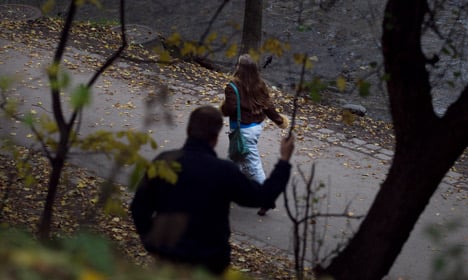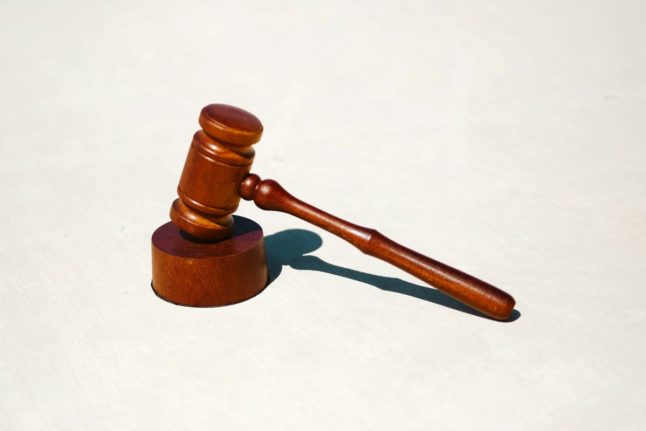CRIME
Norway finally outlaws stalking
A law goes into effect on Thursday that officially bans stalking in Norway.
Published: 12 May 2016 10:49 CEST

Norway previously did not have specific legislation on stalking. Photo: Heiko Junge / Scanpix
Unlike other Scandinavian countries, Norway has not had a specific ban on stalking thus making cases very difficult to prosecute.
“Now we have it finalized. It’s a great day for those who have been subjected to stalking,” Justice Minister Anders Anundsen told Dagbladet.
The change to the penal code entails including a section specifically stating that “one who repeatedly threatens, follows, observes [or] contacts” an individual can be punished by up to four years in prison.
“This provision affects the most serious form of stalking, which can hamper an individual’s freedom of movement and be extremely troublesome,” Anundsen said.
Conservative spokesman Hårek Elvenes told NTB in March that when the new law takes effect it will be “possible to prevent, investigate and prosecute stalking more effectively”.
Url copied to clipboard!


 Please whitelist us to continue reading.
Please whitelist us to continue reading.